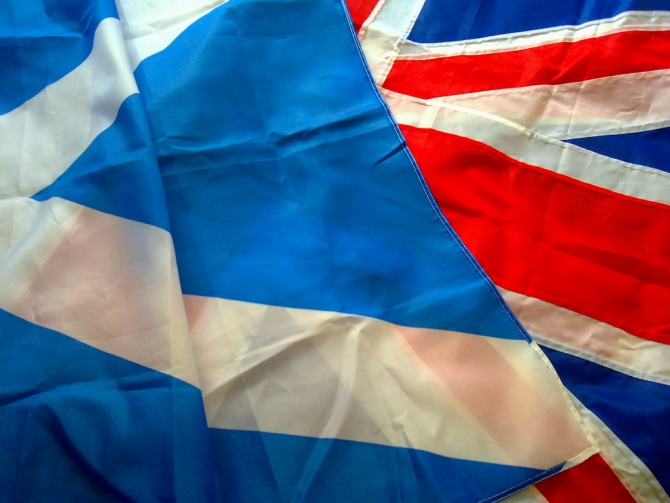Independence jitters are being blamed for a dramatic fall in the value of Scottish commercial property deals. Despite an increase in the number of transactions the country’s second quarter figures fell by almost £250m.

Aberdeen — where property sales rose by £34m to £165m in the three months to the end of June — was the only city continuing the early-year momentum, according to figures reported by the Registers of Scotland (RoS).
The Granite City’s performance, where seven transactions exceeded £5m, overshadowed a strong performance by Edinburgh in the early months of this year. And in the second quarter of 2014 Glasgow fared even worse with sales slipping significantly to just £58m from its first quarter high of £207m.
A spokesman for the British Property Federation (BPF) said that while Aberdeen remained robust, fears over the outcome of the referendum had subdued the market.
“It appears that since April there has been a slowdown in the number of higher value transactions, which would support the view of most members that in general investors have been increasingly cautious about committing to commercial property investments in Scotland before the outcome of the 18 September vote,” he added, forecasting a bounce back after the referendum.
“In line with the continued general economic improvement we may see a return in the value of sales post-referendum which would add to the traditional surge in activity in autumn as we move towards 2015 and potentially more UK-wide political uncertainty as the UK General Election moves closer,” said the federation spokesman.
Between April and June the value of Scottish commercial property sales fell to £592m from its first quarter total of £841m. This figure still remains above the average quarterly returns of around £400m recorded during the slump years of 2010 to 2013, but it is a long way short of the 2006-07 peak which ran at over £1bn per quarter.
While the value of Edinburgh and Glasgow sales fell there was, however, an increase in the number of overall transactions in Scotland. Second quarter transactions increased to 894, up from 776 during the first three months of 2014. There was also a decline in the number of high-value sales; down from 26 to 21.
In the country’s central belt both Edinburgh and Glasgow reported increases in the volume of transactions, despite a fall in values, while Aberdeen remained consistent. “This resilience of Aberdeen as a centre for investment is even more impressive given the reported reluctance of some investors to commit to Scottish commercial property ahead of the referendum,” concluded the BPF spokesman.
Previous Post
Leeds Bramley Shopping Centre Sold